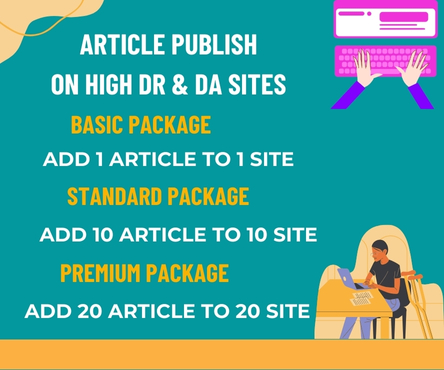Introduction
Post-traumatic stress disorder (PTSD) and depression are mental health conditions that affect millions of people worldwide. As traditional treatment approaches may not always be effective for everyone, alternative substances such as 1D LSD, CBD, and kratom have emerged as potential therapeutic options. In this article, we will delve into the current research on these substances and their potential use in addressing PTSD and depression.
1D LSD: A Novel Approach to Healing
1D LSD, a derivative of lysergic acid diethylamide (LSD), has garnered interest for its potential role in therapeutic settings. While the recreational use of 1D LSD is illegal in many countries, ongoing research has explored its possible benefits in treating mental health conditions such as PTSD and depression.
Preliminary studies suggest that 1D LSD, when administered under controlled conditions and professional guidance, may facilitate deep introspection and emotional processing. By altering perception and cognition, 1D LSD may help individuals confront and reframe traumatic experiences, leading to potential healing and symptom relief. However, it is important to note that more research is needed to fully understand the risks, benefits, and long-term effects of 1D LSD in therapeutic scenarios.
Cannabidiol (CBD), a non-intoxicating compound derived from the cannabis plant, has gained recognition for its potential therapeutic properties. Research has explored CBD’s effects on anxiety, depression, and PTSD, offering hope for alternative treatment approaches.
Studies suggest that CBD interacts with the endocannabinoid system (ECS), which plays a crucial role in regulating mood, stress responses, and emotional memory. CBD’s interaction with the ECS may help modulate anxiety and depressive symptoms, potentially alleviating the impact of PTSD and depression.
Furthermore, CBD’s anti-inflammatory and neuroprotective properties may also contribute to its therapeutic effects. While research is still in its early stages, anecdotal evidence and initial clinical trials have shown promising results, indicating CBD’s potential as a viable treatment option for individuals with PTSD and depression.
Kratom: A Natural Analgesic and Mood Enhancer
Kratom, a tropical tree native to Southeast Asia, has long been used for its analgesic and mood-enhancing properties. Recent studies have explored its potential benefits in addressing symptoms of PTSD and depression, offering a natural alternative to traditional medications.
Kratom’s active compounds, mitragynine and 7-hydroxymitragynine, interact with opioid receptors in the brain, providing pain relief and inducing a sense of relaxation and well-being. These effects may help individuals with PTSD manage physical and emotional distress, while also potentially alleviating depressive symptoms.
However, it is important to exercise caution with kratom, as its use carries potential risks. Regular and high-dose consumption can lead to dependence and withdrawal symptoms. Furthermore, the legal status of kratom varies across regions, and regulations surrounding its use should be carefully considered.
Conclusion
1D LSD, CBD, and kratom have shown promise in the realm of alternative treatments for individuals grappling with PTSD and depression. While 1D LSD offers a novel approach by facilitating emotional processing and introspection, CBD’s interaction with the endocannabinoid system may help modulate anxiety and depressive symptoms. Kratom, on the other hand, provides potential relief from physical and emotional distress.
However, it is important to acknowledge that further research is needed to fully understand the risks, benefits, and long-term effects of these substances. Moreover, the legal and regulatory landscape surrounding their use varies across different regions.
If you or someone you know is struggling with PTSD or depression, it is crucial to consult with a qualified healthcare professional before considering any alternative treatments. They can provide personalized guidance and help navigate the complexities of these substances.
It is worth noting that alternative substances should never be viewed as standalone treatments for mental health conditions. They should be used as part of a comprehensive treatment plan that may include therapy, counseling, and lifestyle changes. Open and honest communication with healthcare providers is essential for ensuring the safety and efficacy of any therapeutic approach.
Additionally, ongoing research and clinical trials are crucial in further exploring the potential benefits and risks of 1D LSD, CBD, and kratom in therapeutic scenarios. It is through rigorous scientific investigation that we can gain a deeper understanding of these substances and their role in mental health treatment.
Furthermore, regulations and legal considerations regarding these substances vary across different countries and regions. It is important to stay informed about local laws and regulations before considering their use. Engaging in responsible and legal practices is essential for both personal well-being and broader public health.
In conclusion, while 1D LSD, CBD, and kratom have shown promise in early research, their use in therapeutic scenarios for PTSD and depression requires careful consideration. These substances should be approached with caution, under the guidance of healthcare professionals, and as part of a comprehensive treatment plan. As our understanding of these substances continues to evolve, it is essential to prioritize safety, legality, and evidence-based practices when exploring alternative treatment options for mental health conditions.

